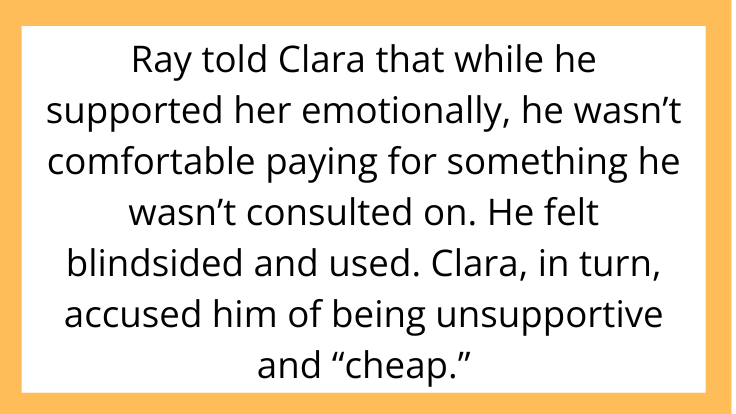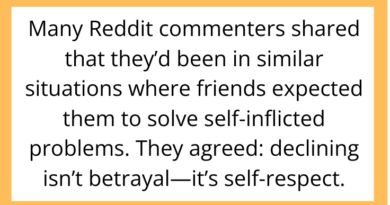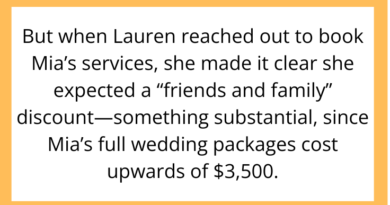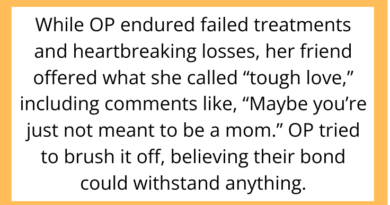AITAH for Refusing to Pay for My Girlfriend’s Cosmetic Surgery After She Surprised Me With the Bill?
Relationships are built on love, trust—and sometimes, a shared bank account. But what happens when one partner makes a big financial decision without consulting the other, and then expects them to help foot the bill?
In this AITAH scenario, we’re diving into a hot-button issue: financial boundaries in relationships and whether refusing to pay makes you selfish—or just sensible.
The Story: A Surprise Bill and an Unexpected Expectation

A 28-year-old man—we’ll call him Ray—turned to Reddit’s r/AITAH community for advice after an intense argument with his girlfriend of two years, Clara.
According to Ray, Clara had been talking about getting a rhinoplasty (a nose job) for over a year. While Ray had always supported her self-confidence journey, he didn’t think she would go through with it so soon. They had talked generally about “someday,” but nothing had been planned.
That is, until Clara showed up post-surgery—with a $9,000 bill.
Ray was stunned. Clara hadn’t told him she had scheduled the procedure, let alone gone through with it. After revealing the bill, she explained she’d already paid the deposit but needed help covering the rest—and she assumed Ray would split the cost.
Ray declined.
The Fallout: Love, Money, and Mistrust

Ray told Clara that while he supported her emotionally, he wasn’t comfortable paying for something he wasn’t consulted on. He felt blindsided and used. Clara, in turn, accused him of being unsupportive and “cheap.”
“She said if I really loved her and wanted her to feel confident, I’d want to help,” Ray explained. “But it’s not about the surgery—it’s about making a financial commitment without including me.”
Clara is now staying with a friend, and Ray is second-guessing everything. So he asked Reddit: AITAH for refusing to help pay for my girlfriend’s cosmetic surgery, even though she’s already had it done?
The Debate: Partnership or Personal Responsibility?
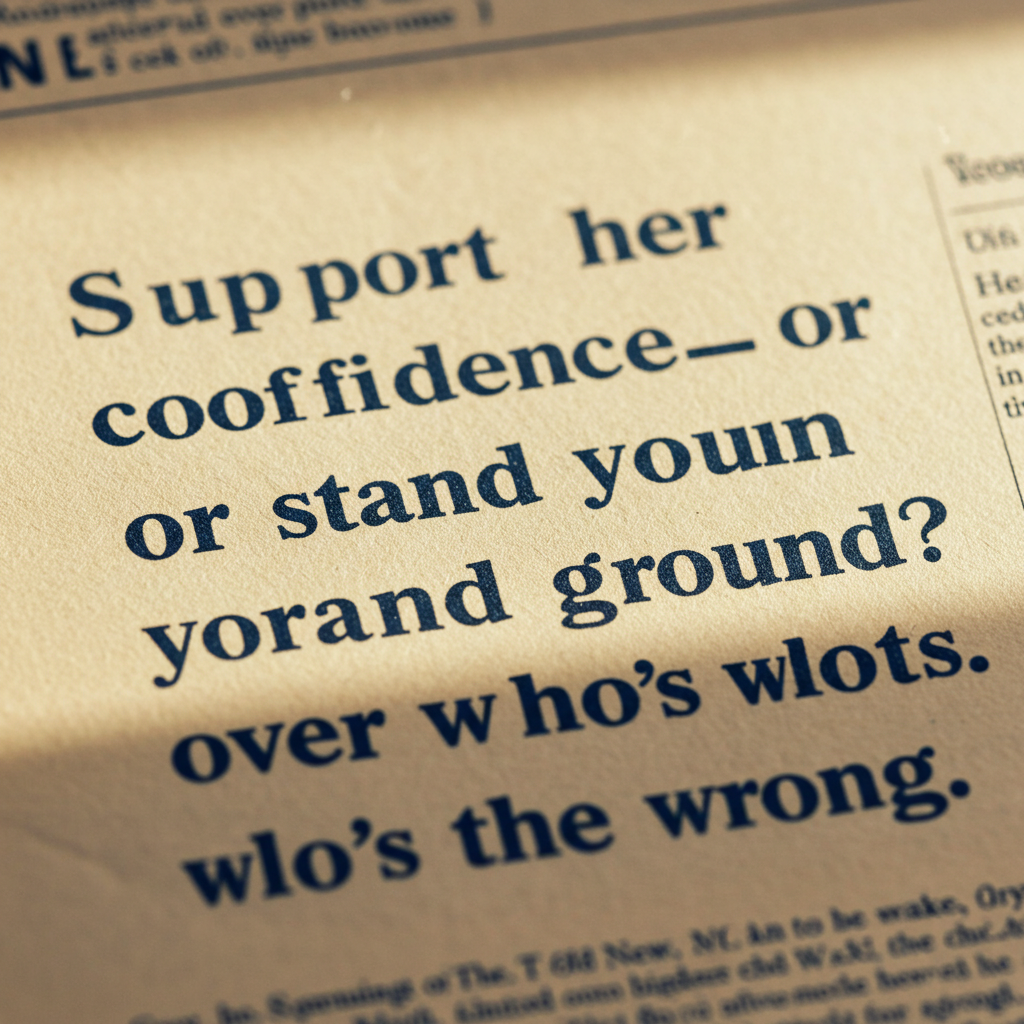
Team Ray: Boundaries and Respect Matter
Many Reddit users were quick to support Ray’s side.
“If she didn’t involve you in the decision, she doesn’t get to involve you in the payment,” one top comment read. “You’re her boyfriend, not her ATM.”
Others pointed out that elective cosmetic surgery—especially one as costly as rhinoplasty—is a major financial decision. The lack of communication raised red flags.
“It’s not about the money. It’s about the assumption and manipulation,” another commenter noted. “Healthy relationships require transparency.”
Team Clara: Confidence is Priceless
However, a few Redditors did see Clara’s point. They argued that emotional support sometimes means financial backing, and if Ray knew how important this was to her self-esteem, perhaps he should’ve been more understanding.
“She probably didn’t want to deal with judgment or hesitation,” one user commented. “She made the decision for herself, and maybe she thought he’d be proud to help her feel better about herself.”
Still, most agreed that assuming financial help—without a conversation—was problematic.
Cosmetic Surgery in Relationships: Who Should Pay?
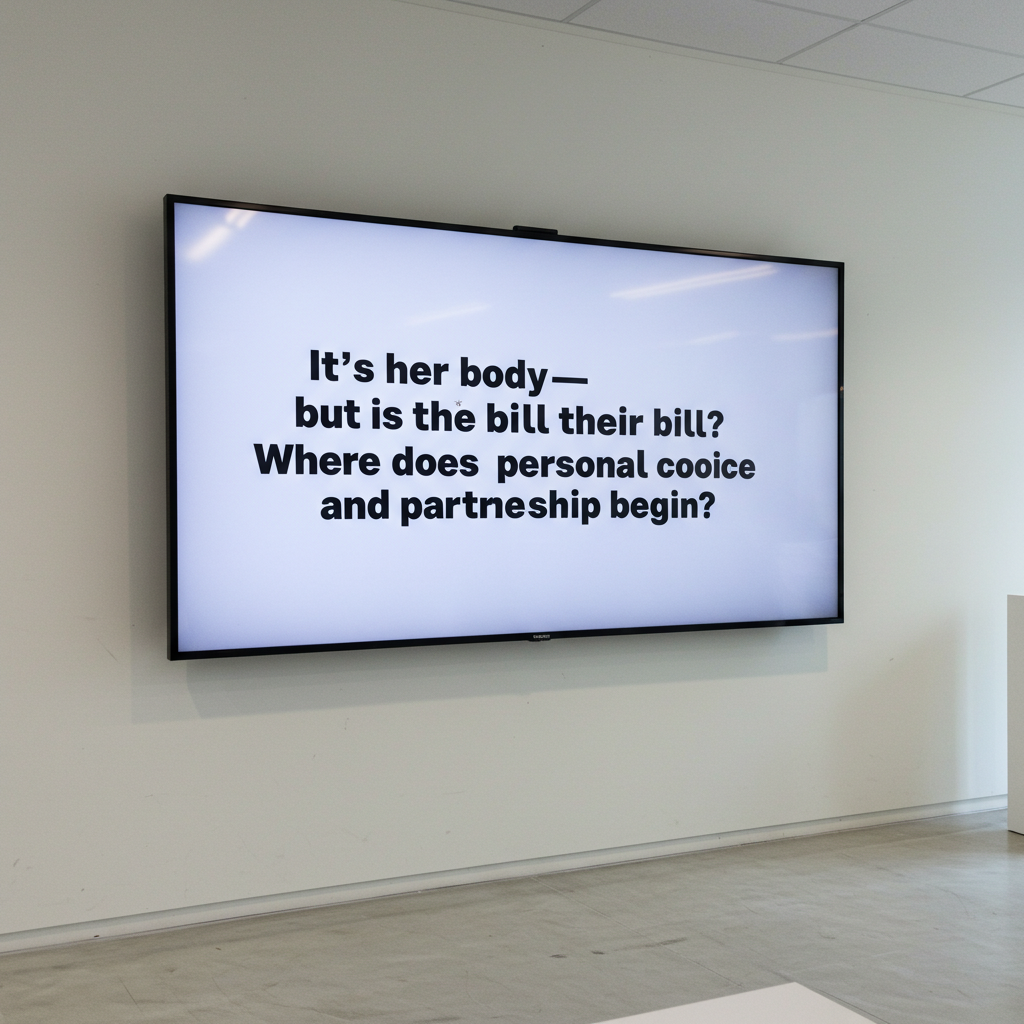
The Reality of Elective Procedures
Cosmetic surgery, while becoming more normalized, still carries stigma and financial weight. While some couples openly discuss splitting costs for elective procedures (especially if one partner benefits or is involved in the outcome), many view these surgeries as personal choices—and therefore personal expenses.
The Key Is Consent—Financial and Emotional
Even in long-term relationships, shared expenses require agreement. Just as you wouldn’t buy a car or commit to a lease without discussing it with your partner, a $9,000 cosmetic procedure falls into the same category.
Ray wasn’t saying no to Clara’s choices—he was saying no to being financially responsible for a decision he wasn’t invited into.
When Assumptions Turn Into Entitlement

This story highlights a growing issue in modern relationships: blurred boundaries between partnership and entitlement.
Was Clara assuming Ray would pay because they were serious? Was it fair for her to make a unilateral decision and then ask for shared responsibility?
Assumptions—especially involving money—can quickly breed resentment. And in this case, Clara’s choice to go ahead with the surgery without Ray’s input, and then expect payment, crossed a line for many.
Communication Before Commitment

What Ray Could Have Done:
-
Ask Clara if they could revisit the topic once emotions had cooled down.
-
Clarify their financial boundaries as a couple moving forward.
-
Offer emotional support while maintaining financial independence.
What Clara Could Have Done:
-
Involve Ray in the decision before scheduling the surgery.
-
Budget for the full cost independently if she wanted full autonomy.
-
Avoid assuming financial support without a clear conversation.
The Verdict: Not the Villain, But the Relationship Needs Work
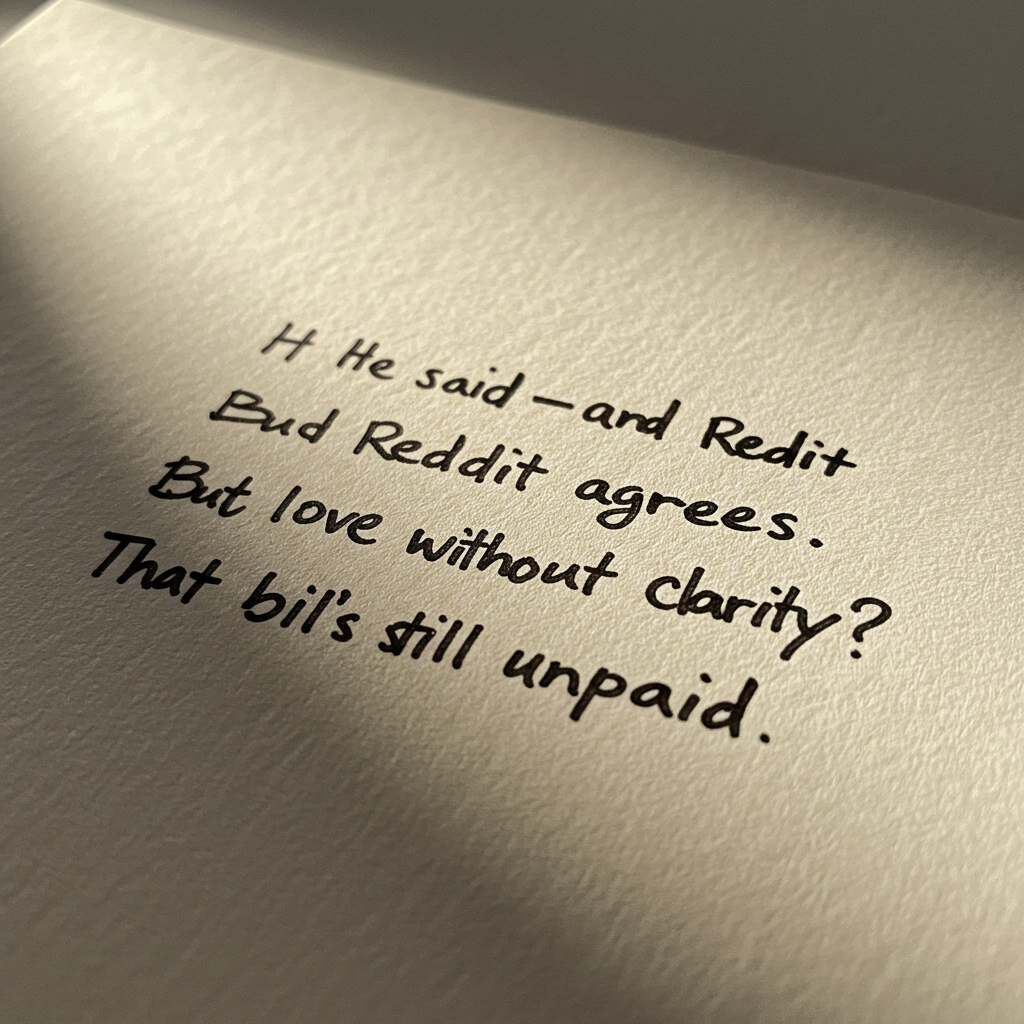
Ray isn’t the villain for saying no. In fact, most agree he handled it with restraint. But Clara’s actions suggest either a communication breakdown—or mismatched expectations.
Whether or not they stay together, this situation is a wake-up call about transparency, financial values, and trust. Money in relationships is never just about money—it’s about control, security, and respect.
